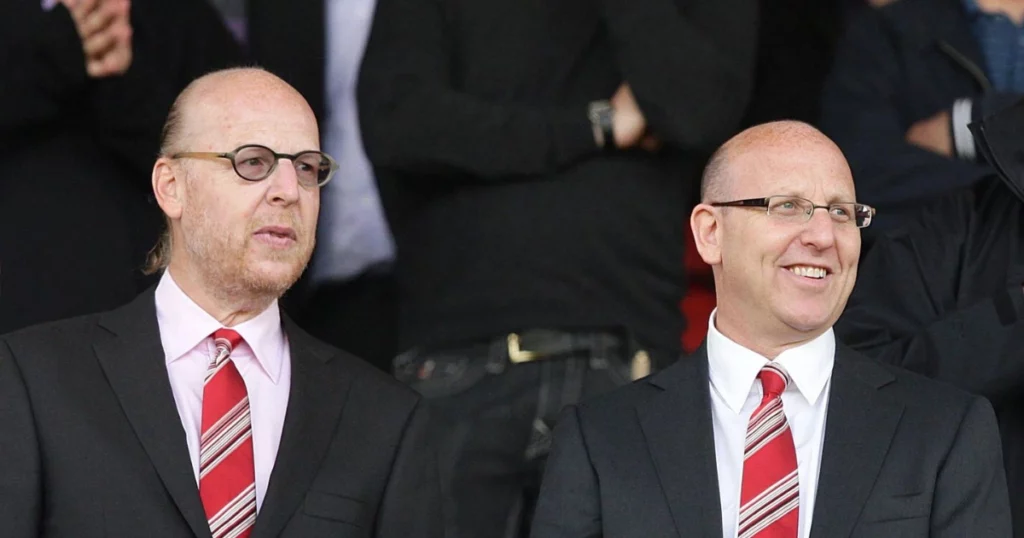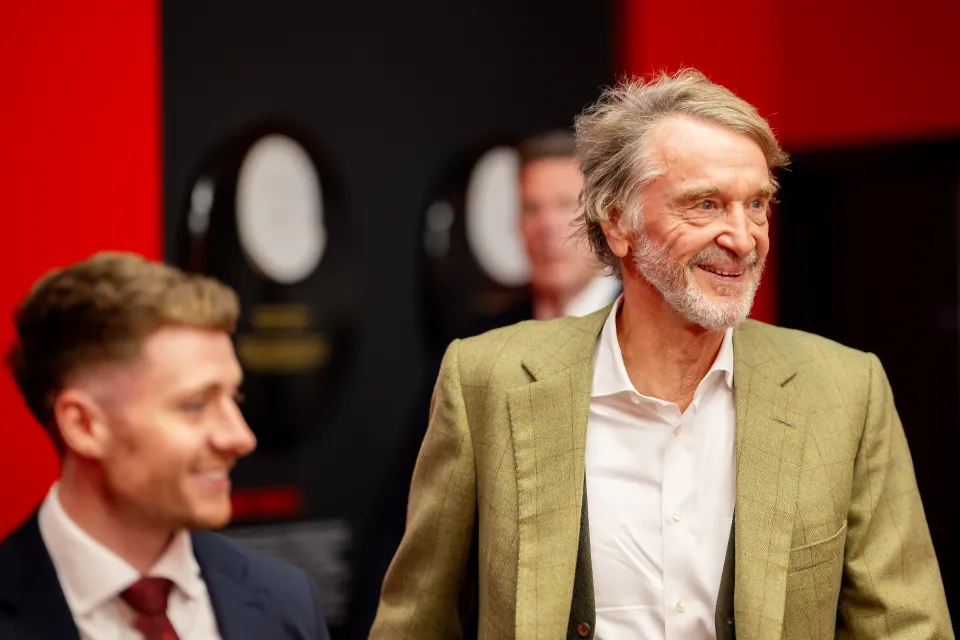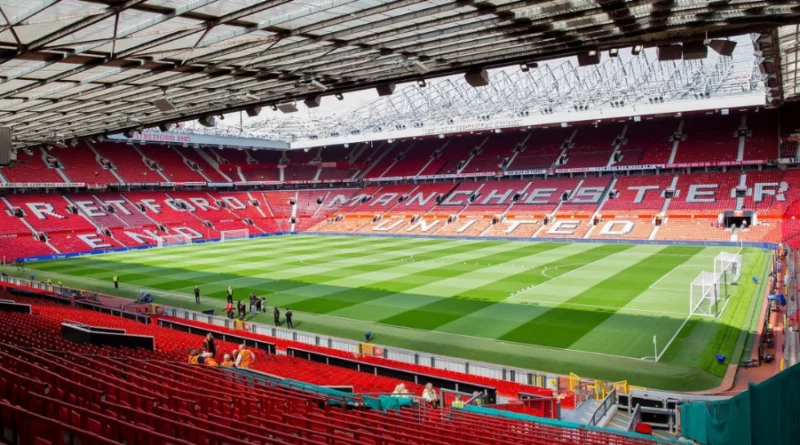Financial fair play scrutiny heightens as Manchester United losses grow
Manchester United has had a fifth straight year of financial losses and also claims to stick with the profit and sustainability rules.
The Red Devils poor business plan has been put under the microscope, exposing bad transfers, business policies, and management. All this together has caused the loss of millions in revenue, damaging the club’s reputation.
The Story Behind It All
After 18 years of protest, the Glazers family has been removed from operations at Manchester United. This paved the way for the purchase of a 25 percent stake in the club by Sir Jim Ratcliffe and INEOS in 2024.
In 2005, the Glazers invested £270 million (£346m) into the £790m ($1 billion) deal, and the rest borrowed against the club making them new owners. Since then Glazers took advantage and have been accused of using the milking of the Red Devils to fund their business empire in the United States.
However, the broken bridge with the United faithful was left unfixed, leaving them unbothered about matches or ideating the Old Trafford expansion plans. Additionally, co-chairman Joel Glazer handles the business side of things for United from Washington, showing their ownership status.

No one had a say about the Glazers failing to invest in the first-team squad. They spent over £2bn ($2.6bn) on new players, including a club-record outlay of £210m ($269m) in the 2022 May transfer window. During their time, United won 13 major trophies and even the Champions League.
But constant success and silverware have been a huge problem for Manchester United since Sir Alex Ferguson left in 2013. The club’s failure to find success with most of their high-profile signings shows Money doesn’t always guarantee success.
Manchester United Faces Financial Pressure Amidst Growing Losses and Regulatory Scrutiny
In the last season alone Manchester United’s losses grew to £113.2m due to selling a stake to Sir Jim Ratcliffe and investment in players who failed to bring Premier League success.
It did not stop there as the net losses of the previous two years of £28.7m and £115.5m, exposed the club’s wounds.
There is a rule that Premier League clubs are only allowed to lose £105m in three years with allowable losses for infrastructure development- which is much-needed at Old Trafford- as well as the youth academy and women’s teams.
“The club remains committed to, and in compliance with, both the Premier League’s Profit and Sustainability Rules and UEFA’s Financial Fair Play Regulations,” United said.
The results for the year ending on 30 June 2024 had no records for the annual revenue of £661.8m – underlining the club’s look to sponsors and fans.
Despite the FA Cup victory Manchester City, United finished eighth, 31 points behind their local rivals, who claimed their fourth consecutive, with the Red Devils also failing to join even the newly expanded Champions League.
Also Read: Ranking the Top 10 Best Right Backs in Man United History
INEOS has bought a 27.7% stake in the club which is still under the control of the Glazer family.
The fans hope the £47.8m cost of bringing in INEOS will produce long-term benefits alongside Sir Jim’s cash injection of $300m by the end of the year. The new CEO Omar Berrada said: “We are working towards greater financial sustainability and making changes to our operations to make them more efficient, to ensure we are directing our resources to enhancing on-pitch performance.”

With the cost-savings plan already implemented, the further 250 redundancies for United will cost £10m and tally up to an annual savings of £40m-£45m in 2025 and 2026.
The only good thing was the wage raise was below 10% to £364.7m, mainly due to the bonuses related to playing in the Champions League rather than the second-tier Europa League a year earlier.
